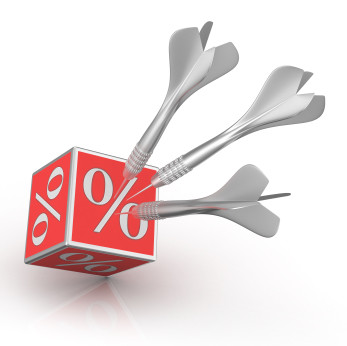Two-thirds of consumers expect interest rates to rise in the next 12 months, according to a new report from Mortgage Professionals Canada.
Only a measly 2% expect rates to fall.
But that’s not as surprising as it seems. There is a built-in bias towards higher rates and there has been for years.
“Through the entire history of this question, Canadians have expected rises for mortgage interest rates,” says report author Will Dunning. “Contrary to those expectations, interest rates fell more often than they increased” after each such survey.
“From [the] data, it appears that consumers’ expectations about interest rates may be “adaptive” (influenced by what has occurred recently),” Dunning concludes. “These expectations have not been good predictors of what will happen to interest rates.”
A similar bias afflicts economists who have a long record of failing to predict economic slowdowns, which would lead to rate cuts. “For economists employed in the financial sector, there is an implicit bias towards optimism,” notes The Economist. “There is no incentive to forecast a recession. If you are wrong, you’ll be fired. And if you’re right, no one will thank you.”
And rate predictions aren’t getting any easier. As OECD analyst Mark Pearson told the Guardian newspaper last year, “We are getting worse at making forecasts because the world is getting more complicated.” Moreover, virtually no one can foresee economic shocks that come out of left field and cause wild swings in the rate market.
What it Boils Down to
While higher rates certainly weigh on housing demand, expectations of higher rates are not discouraging home-ownership. Despite their confidence in rising rates, only 4% of consumers say they don’t own a home because they’re “nervous that rates will increase.”
The key fallout from rate expectations bias is probably an under-appreciation for the long-term benefit of floating rates. Upward-tilted rate expectations likely lead to fewer people choosing the best variable rates. And as history has shown, that can cost consumers over time.

 log in
log in
 Two-thirds of consumers expect interest rates to rise in the next 12 months, according to a new
Two-thirds of consumers expect interest rates to rise in the next 12 months, according to a new
1 Comment
Always enjoy reading your perspective for our Canadian market. Thank you and keep it up!